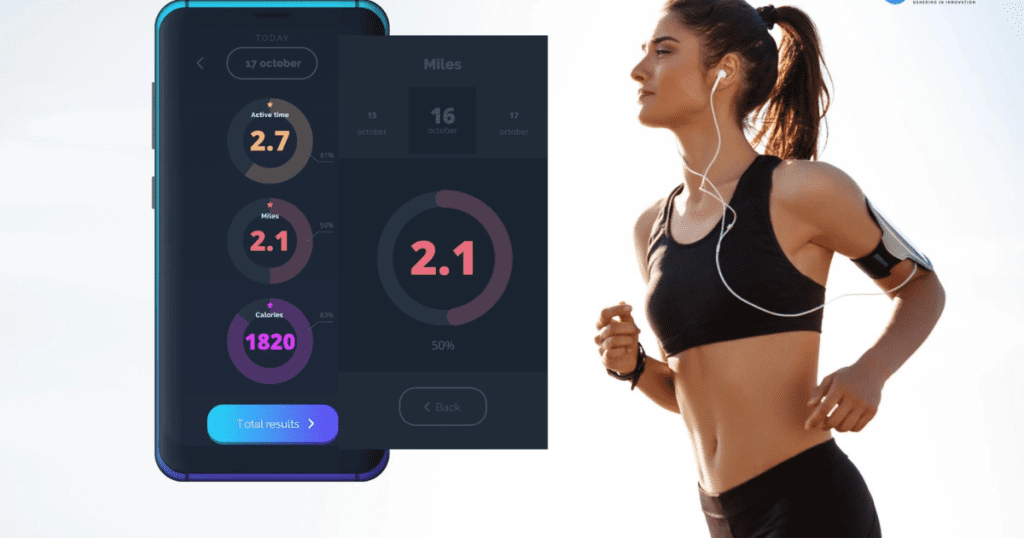Have you ever experienced a sudden bout of dizziness that left you feeling disoriented and unsteady on your feet? It’s a sensation that can be quite alarming and may have you wondering about its underlying causes. One possible culprit that often goes unnoticed is high cholesterol.
Contents
- 1 Understanding high cholesterol.
- 2 The Link Between High Cholesterol and Dizziness
- 3 Symptoms of Dizziness in Relation to High Cholesterol.
- 4 Impact on cardiovascular health.
- 5 Other health complications.
- 6 Diagnosis and medical assessment.
- 7 Management and lifestyle changes.
- 8 Preventive Measures.
- 9 Frequently Asked Questions (FAQs)
- 9.1 How does high cholesterol relate to dizziness?
- 9.2 What are the common symptoms of dizziness associated with high cholesterol?
- 9.3 Is there a link between high cholesterol and cardiovascular health?
- 9.4 How can I know if I have high cholesterol?
- 9.5 What lifestyle changes can help manage high cholesterol?
- 9.6 Can high cholesterol lead to other health complications?
- 9.7 Are there preventive measures for high cholesterol and dizziness?
- 9.8 How often should I have my cholesterol levels checked?
- 9.9 Can I solely rely on lifestyle changes to manage high cholesterol?
- 9.10 Should I be concerned if I experience occasional dizziness?
Understanding high cholesterol.
Let’s start by breaking down what cholesterol actually is. Cholesterol is a waxy substance found in your blood that your body needs to build healthy cells. However, when cholesterol levels become too high, it can lead to a host of health problems, including heart disease and stroke.
There are two main types of cholesterol: LDL (low-density lipoprotein) and HDL (high-density lipoprotein). LDL cholesterol is often referred to as “bad” cholesterol because it can build up in the walls of your arteries, leading to blockages and narrowing of the blood vessels. On the other hand, HDL cholesterol is considered “good” cholesterol because it helps remove LDL cholesterol from the bloodstream.
The Link Between High Cholesterol and Dizziness
Recent research has begun to uncover a potential link between high cholesterol levels and dizziness. While the exact mechanism behind this connection is still being studied, it is believed that high cholesterol may affect the blood flow to the inner ear, which can disrupt the body’s sense of balance and coordination.
One study published in the Journal of Neurology found that individuals with high cholesterol levels were more likely to experience vertigo, a type of dizziness characterized by a spinning sensation. Another study published in the European Journal of Neurology suggested that high cholesterol levels may be associated with an increased risk of lightheadedness and imbalance.
Symptoms of Dizziness in Relation to High Cholesterol.
Dizziness might show up as unbalance, lightheadedness, or vertigo, among other symptoms. Revolving or spinning, as if the room were swirling around you, is how vertigo is commonly characterized. On the other hand, lightheadedness is a sensation of faintness or near-fainting that frequently comes with a feeling of floating or disconnecting from reality. A feeling of unsteadiness or trouble keeping an erect posture is called imbalance.
In addition to dizziness, individuals with high cholesterol may also experience other symptoms such as chest pain, shortness of breath, and numbness or weakness in the limbs. These symptoms can be indicative of underlying cardiovascular issues that warrant prompt medical attention.
Impact on cardiovascular health.
High cholesterol doesn’t just affect your cholesterol levels; it can also have a significant impact on your cardiovascular health. When LDL cholesterol levels are elevated, it can lead to the formation of plaques in the arteries, which can restrict blood flow to the heart and other organs.
Over time, this can increase your risk of developing heart disease, heart attack, and stroke. In fact, high cholesterol is considered one of the major risk factors for cardiovascular disease, along with high blood pressure, smoking, and diabetes.
Other health complications.
In addition to cardiovascular issues, high cholesterol can also contribute to a range of other health complications. For example, it can lead to the formation of gallstones, which are hard deposits that form in the gallbladder. High cholesterol can also affect liver function and increase your risk of non-alcoholic fatty liver disease.
Furthermore, high cholesterol is associated with an increased risk of type 2 diabetes, as it can impair the body’s ability to regulate blood sugar levels. Diabetes, in turn, can further exacerbate cardiovascular complications, creating a vicious cycle of health problems.
Diagnosis and medical assessment.
If you’re experiencing persistent dizziness or other symptoms associated with high cholesterol, it’s important to seek medical attention promptly. Your healthcare provider can perform a series of tests to assess your cholesterol levels, including a lipid profile blood test.
During the lipid profile test, your blood will be analyzed to measure the levels of LDL cholesterol, HDL cholesterol, and triglycerides. Based on the results of these tests, your healthcare provider can determine whether your cholesterol levels are within a healthy range or if they warrant further investigation and treatment.
Management and lifestyle changes.
Managing high cholesterol often involves a combination of medication and lifestyle changes. Your healthcare provider may prescribe statin medications to help lower your LDL cholesterol levels and reduce your risk of cardiovascular complications.
In addition to medication, making lifestyle changes can also have a significant impact on your cholesterol levels. This includes adopting a heart-healthy diet that is low in saturated and trans fats, as well as regular exercise to help improve blood flow and circulation.
Preventive Measures.
Preventing high cholesterol and its associated complications begins with healthy lifestyle choices. This includes maintaining a balanced diet that is rich in fruits, vegetables, whole grains, and lean proteins. It also involves staying physically active and avoiding tobacco use and excessive alcohol consumption.
Regular health screenings are also important for monitoring your cholesterol levels and detecting any potential issues early on. By taking proactive steps to manage your cholesterol levels and prioritize your cardiovascular health, you can reduce your risk of developing complications such as dizziness and improve your overall well-being.
In conclusion, while the connection between high cholesterol and dizziness is still being studied, there is growing evidence to suggest that elevated cholesterol levels may contribute to dizziness and other balance issues. By understanding the link between these two conditions and taking proactive steps to manage your cholesterol levels, you can reduce your risk of experiencing dizziness and improve your overall health and well-being.
Disclaimer: This article is for informational purposes only and is not intended to replace professional medical advice. Always consult with a healthcare provider if you have any concerns about your health or medical conditions.
Frequently Asked Questions (FAQs)
How does high cholesterol relate to dizziness?
The connection between high cholesterol and dizziness is still under investigation. Some studies suggest that elevated cholesterol levels may impact blood flow to the inner ear, affecting balance and coordination.
What are the common symptoms of dizziness associated with high cholesterol?
Dizziness linked to high cholesterol can manifest as vertigo (spinning sensation), lightheadedness, and imbalance. Other symptoms may include chest pain, shortness of breath, and numbness or weakness in the limbs.
Is there a link between high cholesterol and cardiovascular health?
Yes, high cholesterol is a significant risk factor for cardiovascular issues. It can lead to the formation of plaques in arteries, restricting blood flow and increasing the risk of heart disease, heart attack, and stroke.
How can I know if I have high cholesterol?
A lipid profile blood test is commonly used to measure cholesterol levels, including LDL, HDL, and triglycerides. If you experience symptoms like dizziness, chest pain, or shortness of breath, consult a healthcare professional for an assessment.
What lifestyle changes can help manage high cholesterol?
Adopting a heart-healthy diet low in saturated fats, engaging in regular exercise, and avoiding tobacco and excessive alcohol consumption can contribute to managing high cholesterol. Medications like statins may also be prescribed.
Can high cholesterol lead to other health complications?
Yes, high cholesterol is associated with various complications, including gallstones, liver issues, and an increased risk of type 2 diabetes. It’s essential to address high cholesterol to prevent these potential health problems.
Are there preventive measures for high cholesterol and dizziness?
Maintaining a healthy lifestyle, including a balanced diet, regular exercise, and avoiding tobacco and excessive alcohol, is crucial for preventing high cholesterol and associated symptoms like dizziness.
How often should I have my cholesterol levels checked?
Regular health screenings are important for monitoring cholesterol levels. Consult with your healthcare provider to determine the appropriate frequency based on your individual health profile.
Can I solely rely on lifestyle changes to manage high cholesterol?
While lifestyle modifications play a significant role, doctors may also advise taking medication, such as statins, to effectively manage high cholesterol levels.
Should I be concerned if I experience occasional dizziness?
Occasional dizziness may have various causes. However, persistent or severe dizziness, especially when accompanied by other concerning symptoms, should prompt a visit to a healthcare professional for a thorough evaluation.




